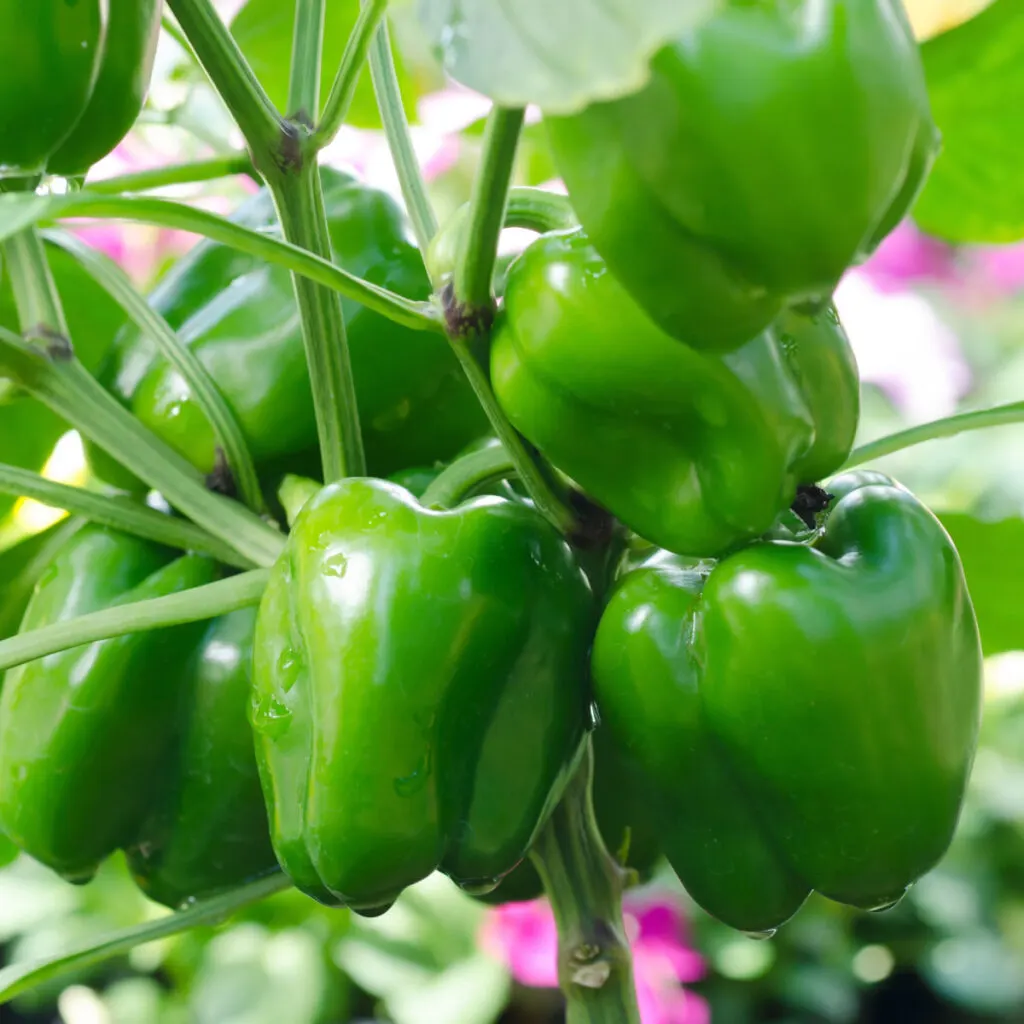Best Fertilizers for Peppers: Improve Development and Flavor with Our Leading Picks
Best Fertilizers for Peppers: Improve Development and Flavor with Our Leading Picks
Blog Article
Just How Plant Foods Play an Important Duty in Growing Healthy and Bountiful Pepper Crops
Plant foods work as the foundation of successful pepper growing, supplying a strategic approach to nurturing the soil and cultivating ideal plant growth. The elaborate dance between vital nutrients and the pepper plants' physiological processes emphasizes the critical duty that plant foods play in ensuring a plentiful harvest. From sustaining robust root development to bolstering illness resistance, the impact of fertilizers is significant in the cultivation of healthy and balanced and worthwhile pepper crops. Remain tuned to uncover the nuanced methods which plant foods add to the thriving of pepper plants and the lasting techniques that underpin their efficiency.
Value of Nutrient-Rich Fertilizers
The usage of nutrient-rich fertilizers plays an essential duty in enhancing the performance and high quality of pepper plants in contemporary agricultural practices. Nitrogen, potassium, and phosphorus are key nutrients that are vital for the growth and development of pepper plants.
Insufficient degrees of these nutrients can cause stunted development, decreased returns, and vulnerability to illness (best fertilizers for peppers). Nutrient-rich fertilizers give a targeted option to make sure that pepper plants receive the essential elements for optimal development and performance. Furthermore, these plant foods help improve soil fertility gradually, developing a lasting atmosphere for lasting pepper cultivation
Enhancing Plant Development and Growth
To maximize plant growth and advancement in pepper crops, calculated application of nutrient-rich plant foods is crucial. Plant foods play an essential duty in boosting the total health and productivity of pepper plants by offering them with important nutrients that might be lacking in the dirt. Phosphorus, nitrogen, and potassium are key macronutrients needed in large quantities by peppers for robust development. Nitrogen help in leafy green development and general plant vigor, phosphorus sustains origin development and flower formation, while potassium adds to disease resistance and fruit quality.
In addition to these macronutrients, micronutrients such as magnesium, iron, and zinc are additionally crucial for the proper performance of different plant processes. Iron, for example, is needed for chlorophyll manufacturing, which is crucial for photosynthesis and total plant growth. Zinc plays a critical role in enzyme task and hormonal agent synthesis, impacting plant growth and advancement at a mobile degree. Magnesium is necessary for the formation of chlorophyll and general power transfer within the plant.

Boosting Disease Resistance With Fertilizers
By strategically incorporating targeted plant foods, farmers can strengthen the condition resistance of pepper crops, making certain optimal plant health and wellness and efficiency. Fertilizers including important nutrients like potassium, phosphorus, and nitrogen play a vital function in strengthening pepper plants' immune systems, making them much more resilient to various illness.

Making Best Use Of Pepper Return With Fertilizing
Making use of a well balanced fertilizing method is key to accomplishing maximum pepper yield and making sure optimum crop performance. By offering peppers with the ideal nutrients at the ideal time, farmers can dramatically boost their yield possibility. Nitrogen, phosphorus, and potassium are necessary aspects for pepper growth, with nitrogen assisting in fallen leave and stem growth, phosphorus supporting origin growth and blossom development, and potassium promoting overall plant wellness.
To maximize pepper yield, it is important to perform dirt examinations to figure out existing nutrient levels and identify any kind of shortages that need to be resolved. Based on these outcomes, farmers can create a tailored fertilization plan that satisfies the specific requirements of their pepper plants. Furthermore, appropriate fertilizing strategies such as split applications throughout the growing period can make sure continual vitamins and mineral accessibility for the plants.

Lasting Fertilizer Practices for Peppers
In considering sustainable plant food practices for peppers, it is essential to concentrate on long-term dirt health and ecological stewardship in conjunction with optimizing next page plant efficiency. One key method is the use of natural fertilizers such as garden compost, manure, or cover plants, which not just provide vital nutrients to the peppers however likewise contribute to dirt framework and microbial activity. best fertilizers for peppers.
Additionally, accuracy agriculture methods, such as dirt screening and targeted nutrient applications, can aid enhance plant food use, making certain that peppers obtain the nutrients they need without excess runoff into rivers. This not just benefits the atmosphere by lowering air pollution but likewise saves prices for farmers by reducing waste. By embracing lasting fertilizer techniques, pepper growers can guard the health and wellness of their plants, dirt, and bordering communities for future generations.
Conclusion
To conclude, plant foods are necessary for cultivating bountiful and healthy pepper plants. best fertilizers for peppers. They supply essential nutrients for plant development and advancement, boost illness resistance, and make the most of return. By implementing sustainable fertilizer techniques, farmers can ensure the long-lasting health of their pepper crops and add to an extra reliable and environmentally-friendly agricultural system
The detailed dance between necessary nutrients and the pepper plants' physical procedures underscores the pivotal duty that fertilizers play in ensuring an abundant harvest.To maximize plant development and development in pepper plants, critical application of nutrient-rich fertilizers is necessary. Fertilizers play an important duty in boosting the why not check here overall health and wellness and performance of pepper plants by giving them with read review vital nutrients that might be doing not have in the soil.By strategically incorporating targeted plant foods, farmers can reinforce the condition resistance of pepper crops, guaranteeing optimal plant wellness and efficiency. Fertilizers including important nutrients like nitrogen, potassium, and phosphorus play a crucial duty in enhancing pepper plants' immune systems, making them extra durable to different illness.
Report this page